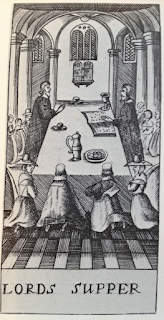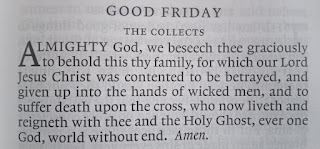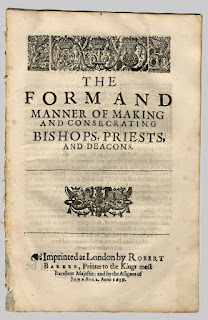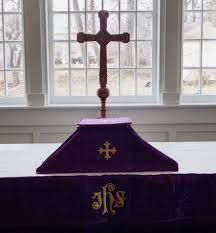In praise of memorial services

In truth, I don’t much care for memorial services. The purpose of them is to speak well of the dead; literally, to eulogise. Such events work well for the powerful, the famous and the righteous. “A man of rare ability and distinction, rightly honoured and celebrated, he ever directed our attention away from himself,” said the Dean of Westminster of Prince Phillip. Memorial services don’t require much religion either, which is part of their popularity in a secular age. They are sandwiches of hymns and readings and speeches — and songs can be easily substituted for hymns, poems for Bible passages. So said Giles Fraser in a recent Unherd column. I happen to profoundly disagree. It is noticeable that while Cranmer's Burial Office - quite rightly - has a robust focus on grace in Christ and the hope of the resurrection through Christ, Anglican funeral sermons quickly recognised the need to pay tribute to the deceased. Consider, for example, Jeremy Taylor's sermon at the fun...








.jpg)
.jpg)






